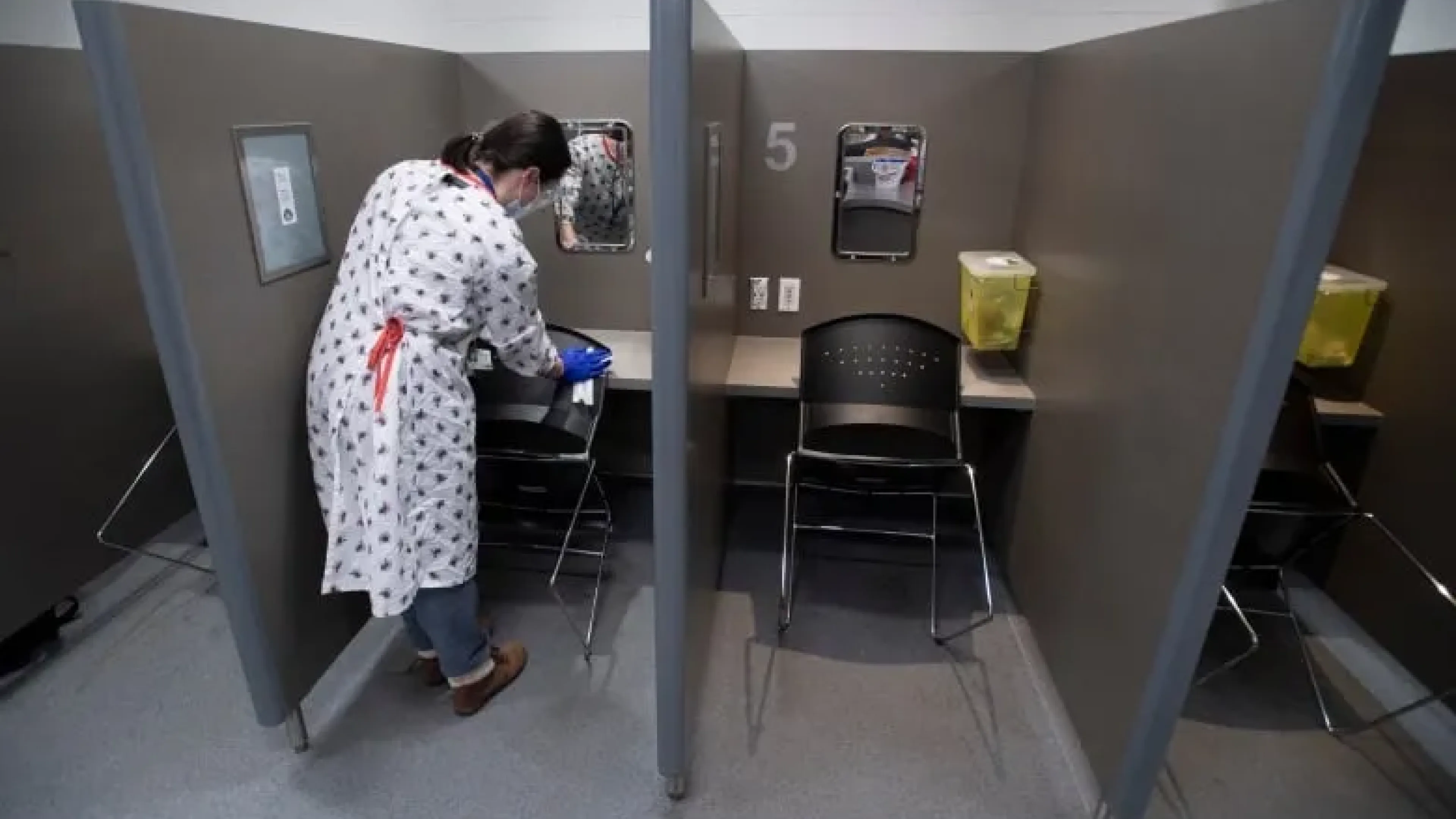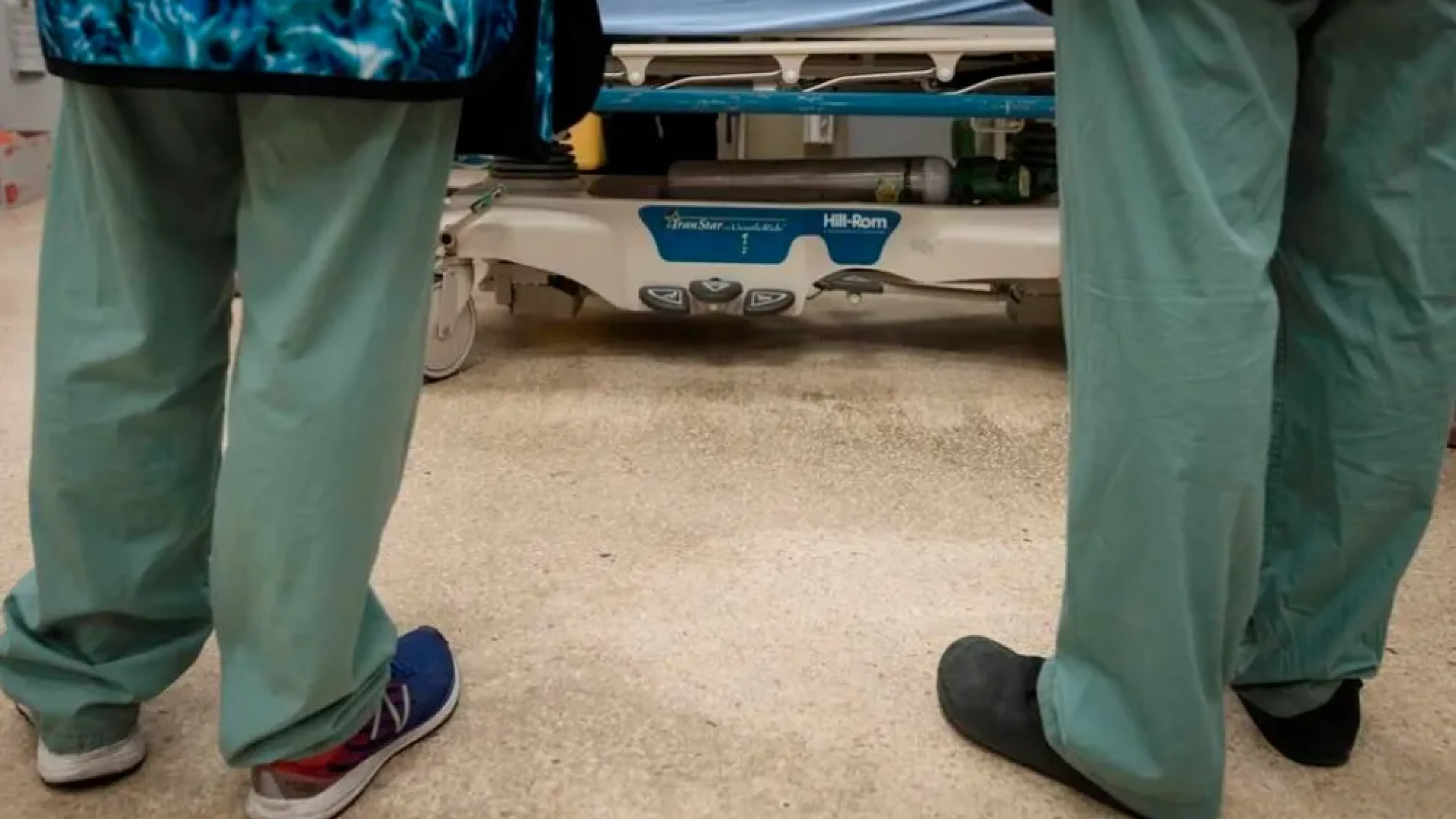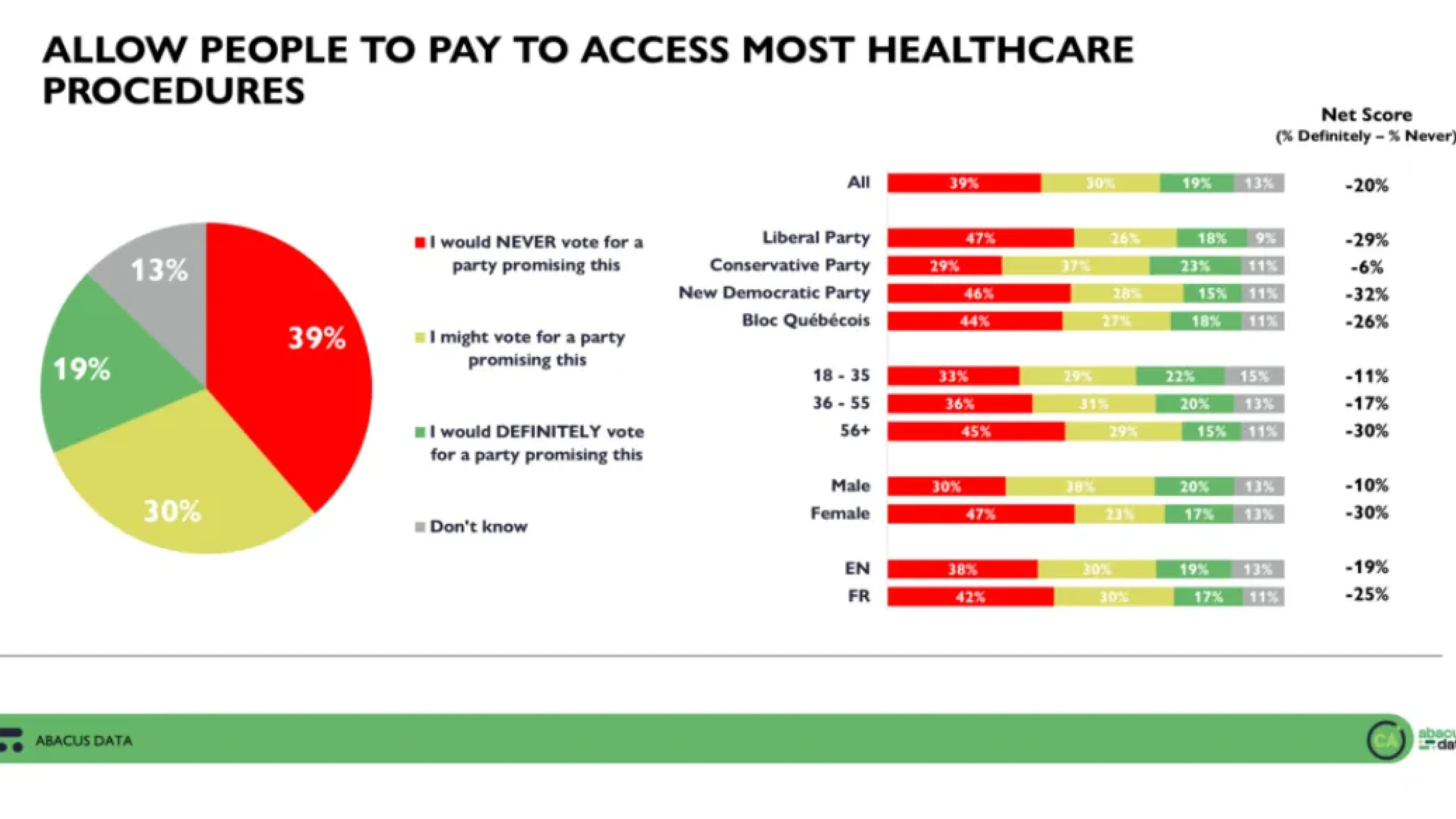You’re reading the web version of The Weekly Dose, our newsletter on Canadian health care and medical news. Sign up to get it next week.
Welcome back Healthwatchers! 👩⚕️👨⚕️
Here are the stories that stuck out this week, starting with something a little different from our usual big-picture fare — hospital parking fees.
If it wanted to, could the federal government effectively ban them countrywide? Sort of. Maybe.
Could the Trudeau government ban hospital parking fees?

Critics say hospital parking fees are a hidden barrier to healthcare access, calling for their abolition.
Why it's important: Paid parking can be likened to a hidden user fee for patients and families. It’s not a new argument, but it’s a timely one as the Liberals ready their modern interpretation of the Canada Health Act and crack down on user fees for medically necessary services.
Hospitals say they rely on parking as a funding source, though financial statements show that fees typically make up around 0.6 – 1.5% of their total revenues. Also of note, nurses, doctors and hospital workers must pay to park at work, often to the tune of over $1000 per year. Doing away with these fees could be potently popular.
Read more…
Ford bans safe consumption sites near schools

Ontario banned safe consumption near schools and childcare centres, closing 10 locations. The province plans to invest $378 million in new HART Hubs, which it says will be “recovery focused.”
Why it's important: The province intends to ‘focus on recovery and treatment’, but experts say site-closures will cause increases in bloodborne infections, public drug use, and overdose deaths.
The HART Hubs do sound well-intentioned, but whether they’re able to fill the gaps left by the removal of consumption sites will require them to be properly funded and well executed—a tall order. The government also banned the creation of new sites and is blocking municipalities from advocating to Ottawa for drug decriminalization.
Read more…
Manitoba launching free prescription birth control in October

Starting October 1st, the province will cover around 60 contraceptive methods through its provincial pharmacare program.
Why it's important: This will reduce social and health costs related to unintended pregnancies and the cycles of poverty they can perpetuate.
The program comes with an estimated cost of $11 million per year and will greatly reduce financial barriers to accessing effective birth control—particularly IUDs. The exclusion of the morning-after pill is a genuine drawback for those in abusive situations who might struggle to access prescriptions, but limitations aside, this is still great news.
Read more…
West African nurses say Quebec program left them destitute

Quebec's program to recruit and train nurses from West Africa has left many participants severely impoverished.
Why it's important: In 2022, the province launched an initiative to recruit nurses from francophone countries, it’s now under fire for its abusive treatment of some recruits.
Participants who fail a single training course face immediate expulsion, losing their $500 weekly stipends and the ability to legally work anywhere. The restrictive conditions—poorly communicated to applicants before their arrival—leave many trapped and unable to work or train elsewhere. Some are now wholly reliant on food banks, with uncertain futures.
Read more…
Private payment for healthcare still a political nonstarter

Despite growing frustration with Canada's healthcare system(s), political parties are wary of promoting private payment options. At least 39% of people are unsupportive of such a move, making it politically hazardous.
Why it's important: Despite wide acknowledgment of our healthcare challenges, the political risks associated with private payment are both enduring and significant.
Notably, among Conservative voters polled, nearly a third said they’d never vote for a party proposing private payment for most health services. Some argue that expanding private sector involvement could relieve pressure on the system, others warn it will erode the universal healthcare model a plurality of Canadians continue to hold dear.
Read more…
Ontario government seeks public input on insurer-pharmacy deals

Ontario is considering regulating insurer–pharmacy exclusivity deals, known as Preferred Provider Networks (PPNs). A consultation is seeking public comments until October 22nd.
Why it's important: The rise of PPNs has sparked a debate over whether they reduce costs, or limit patient access to medications while putting smaller pharmacies out of business.
Insurers say PPNs can lower drug costs for patients and employers, while patient groups and pharmacists say they restrict access to medications and reduce competition in the pharmacy sector, blocking indie pharmacies from market segments they need to stay afloat. The consultation will determine whether new policies are needed and could set a precedent for how this issue is regulated across Canada.
Read more…
And with that, we can wrap up the week. As always, I’m keen to hear your thoughts. Whether on hospital parking fees or something else, your feedback always helps me shape future editions.
Finally, Healthwatchers, is there someone special in your life who’s as passionate about health news with a pan-Canadian focus as we are? If so, feel free to pass this on!
See you in a week!
Nick Tsergas
National Health News Editor
Canada Healthwatch
[email protected] | canadahealthwatch.ca